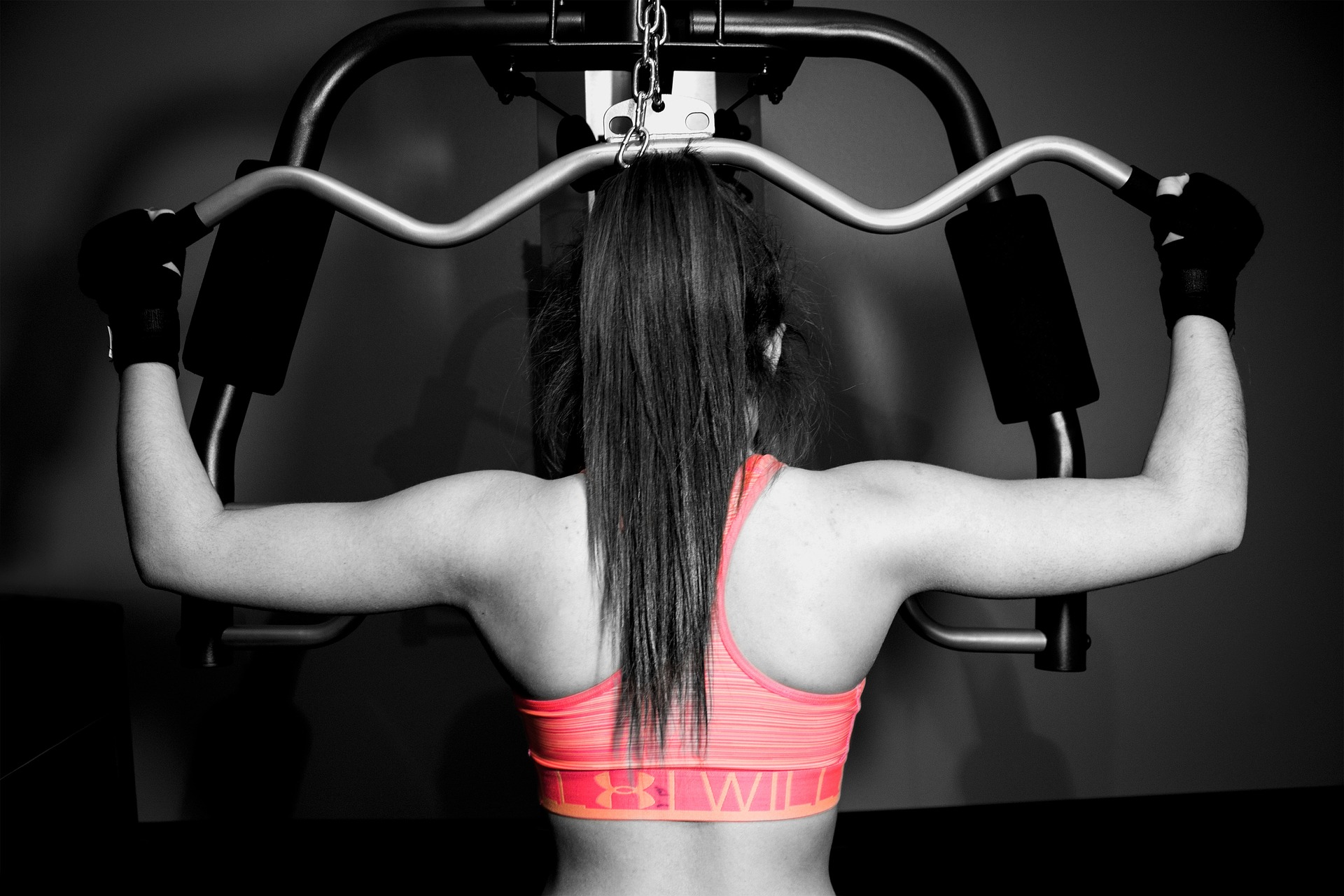Technology and fast transportation are blessings that have made our lives easier and more productive. They also allow us to connect with friends and family anytime, despite the distance between us. But unfortunately for many of us, these technologies have become a silent killer. We rely on them too much, and we have stopped using our physical ability to perform simple tasks that we can do without the help of technology. We have gained weight, our kids have become excessively overweight, and even some police officers and military personnel have become obese. The accessibility of these technologies makes us oblivious to the benefits of participating in physical activities. According to the World Health Organization, “Physical inactivity (lack of physical activity) has been identified as the fourth leading risk factor for global mortality (6% of deaths globally). Moreover, physical inactivity is estimated to be the main cause for approximately 21–25% of breast and colon cancers, 27% of diabetes and approximately 30% of ischaemic heart disease burden.”
Exercising is the type of activity that requires physical effort using our muscles that demand energy disbursement, that increase our mobility, strength, and overall health, and should be performed regularly. A study published in Canadian Medical Association Journal in 2006 outlines the benefits of exercising. The studies showed that exercising helps you to lose weight/maintain your healthy weight, reduce high blood pressure, reduce the risk for type II diabetes, and help prevent some form of cancer and symptoms of depression, etc. The regularity and intensity of the workout necessary vary depending on your needs and the diet you are following.
Many people blame their lack of exercise on exhaustion and tiredness, but that is not correct. If you are sleeping a reasonable number of hours, your lack of energy is due to poor diet and physical inactivity. Study after study reported that people who perform light exercise regularly have more energy and sleep better, even though they are not sleeping longer.
Exercising does not only benefit physical health, but also improves mental, psychological, and social health. One study placed physically inactive adults on a six months exercise program, and researchers noted an increase in their brain mass. They concluded that regular physical activity can improve brain cells’ health, as well as the health of the nervous system, and improve the functionality of your senses.
Moderate to high-intensity exercise helps to increase the brain-derived neurotrophic factor (BDNF), that stimulates the growth of new brain cells in a process known as neurogenesis. This doesn’t happen during our normal daily activity. Exercising also increases blood flow to the brain, which helps kids and adults have higher self-esteem, and better ability to make plans and decisions. Exercising also stimulates the body to produce hormones that are responsible for happiness, such as endorphins and dopamine and reduces the amount of hormones that give us anxiety, such as cortisol and adrenaline.
In conclusion, with the right amount of exercise, we can take the stress and exhaustion out of our lives, and be healthy, happy and feel alive.
Please allow us to help you through your journey to a healthier and stronger you.

